Portland Burrito Cart Closes After Owners Are Accused Of Cultural Appropriation
Two Portland-based women were forced to shut down their burrito food cart over accusations of cultural appropriation and recipe stealing.
Liz “LC” Connelly and Kali Wilgus’ Kooks Burritos business was featured in the Willamette Week on May 16. During the interview, Connelly described how the duo made their own tortillas after taking a trip to Puerto Nuevo, Mexico, in December and obtaining information on the process.
The method by which the two non-Hispanic white women obtained the information on tortilla making is questionable.
“I picked the brains of every tortilla lady there in the worst broken Spanish ever, and they showed me a little of what they did,” Connelly told the Willamette Week. “They told us the basic ingredients, and we saw them moving and stretching the dough similar to how pizza makers do before rolling it out with rolling pins.”
Update: Kooks Burritos has closed. No brunch this weekend. https://t.co/So3o7NB3xX
— Willamette Week 🚲 (@wweek) May 20, 2017
But Connelly also noted that many of the Mexican women were hesitant to give away their methods ― a fact that didn’t stop them from trying to gather more information.
“They wouldn’t tell us too much about technique, but we were peeking into the windows of every kitchen, totally fascinated by how easy they made it look,” Connelly said. “We learned quickly it isn’t quite that easy.”
Once back in Portland, Connelly said she went to the Mexican market to buy ingredients and recreated the tortillas to the best of her ability with trial and error. The two women opened up their food cart on Cesar E. Chavez Boulevard.
Mic.com’s Jamilah King responded to the Willamette Week interview with a piece Friday calling out the women for “stealing recipes from Mexico to start a Portland business.”
“The problem, of course, is that it’s unclear whether the Mexican women who handed over their recipes ever got anything in return,” King wrote in the piece that also outlined how others had begun to accuse the women of cultural appropriation. “And now those same recipes are being sold as a delicacy in Portland.”
That same day, the Willamette Week tweeted an update that Kooks Burritos had closed.
While the food cart’s online presence quickly disappeared, the business’s Yelp page is still active (with an “active cleanup alert” that monitors comments based on the spike in activity due to news reports). Both supporters and critics have sounded off on the page.
“How would you people feel if I went and spied on your family or business recipes and took it somewhere else for my own financial benefit?” Olivia L. from Portland wrote in a Yelp review. “This is stealing.”
Supporters, however, have pointed to how common it is within the culinary world and food industry to take methods and ingredients from other countries and profit off of them.
Writer Jagger Blaec weighed in on the controversy in The Portland Mercury on Monday, saying “Portland has an appropriation problem” and breaking down how the issue is a reflection of a bigger problem within the city.
“Several of the most successful businesses in this town have been birthed as a result of curious white people going to a foreign country, or an international venture, and poaching as many trade secrets, customs, recipes as possible, and then coming back to Portland to claim it as their own and score a tidy profit,” Blaec wrote. “Now don’t get me wrong: cultural customs are meant to be shared. However, that’s not what happens in this city.”
“Because of Portland’s underlying racism, the people who rightly own these traditions and cultures that exist are already treated poorly,” the writer continues. “These appropriating businesses are erasing and exploiting their already marginalized identities for the purpose of profit and praise.”
Also on HuffPost
Love HuffPost? Become a founding member of HuffPost Plus today.
Oreos
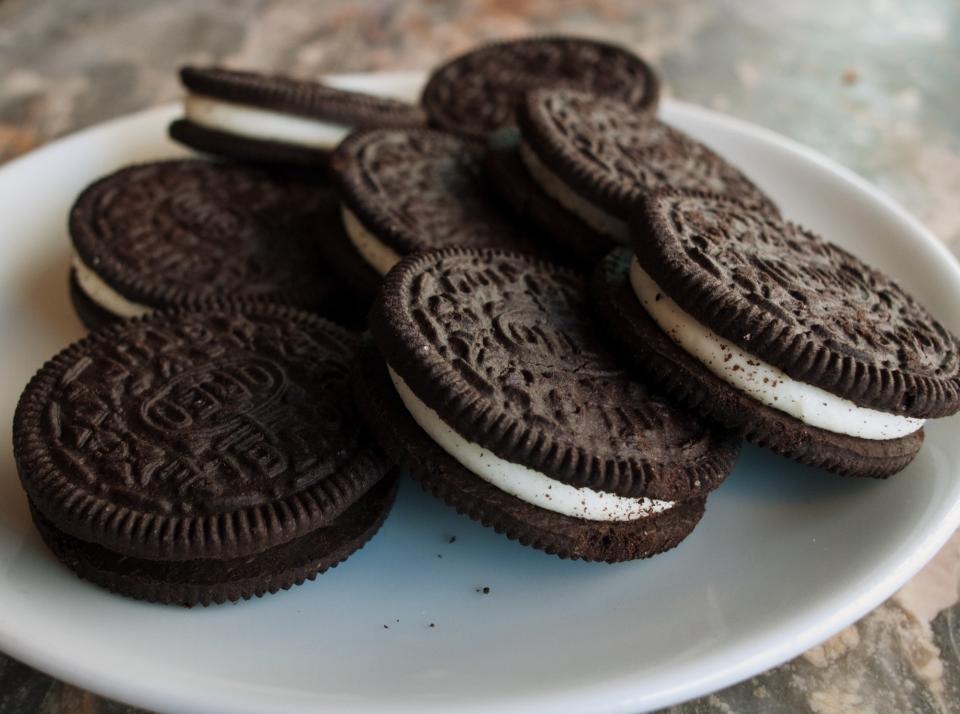
Avocados
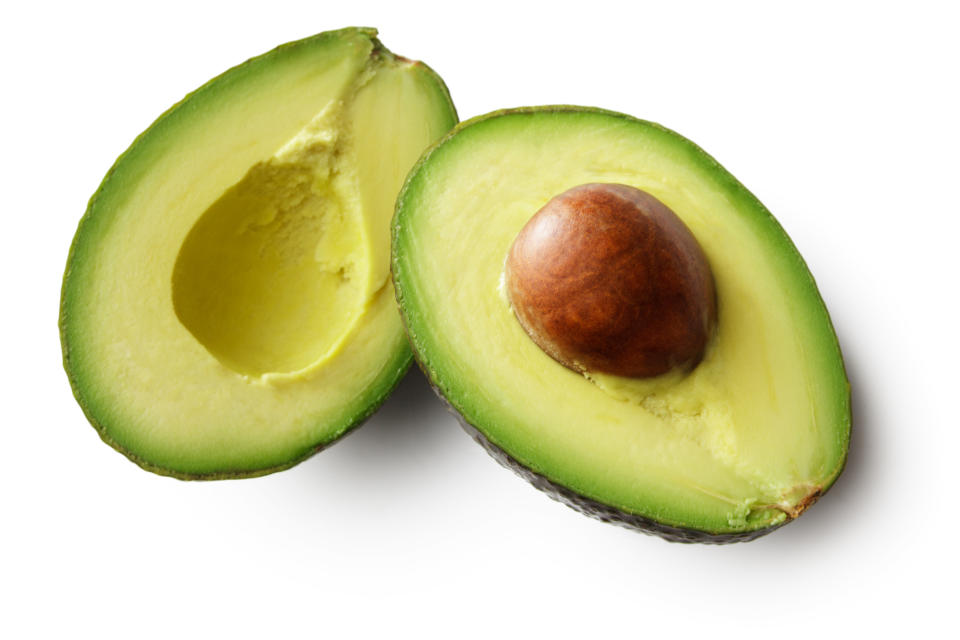
Chocolate candy
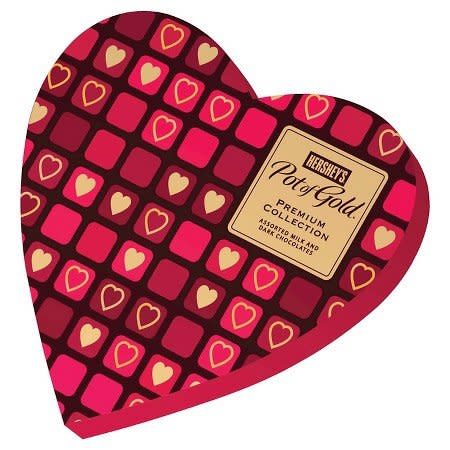
Strawberries
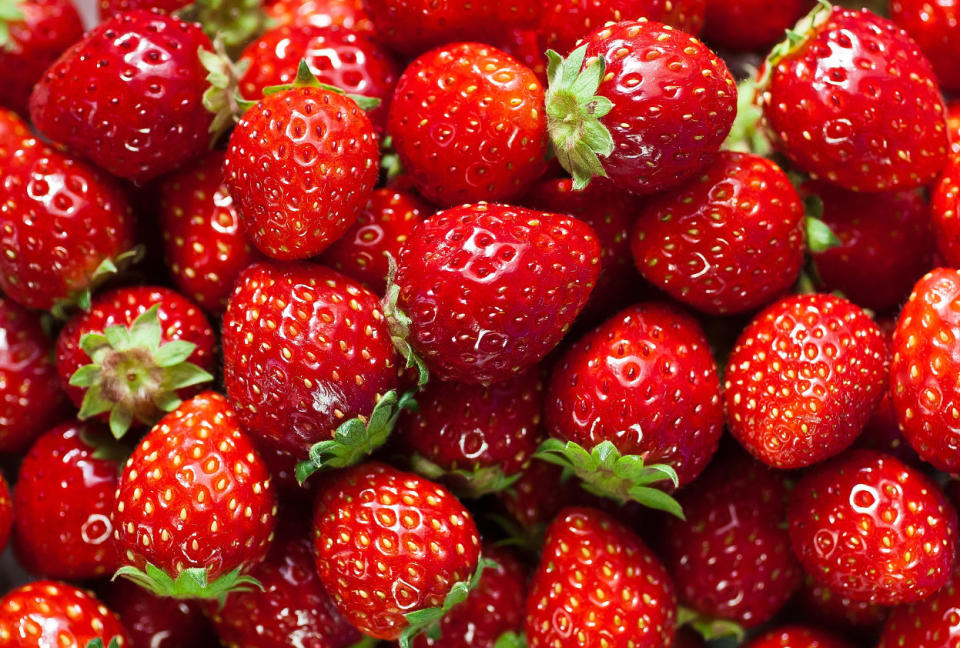
Jarritos
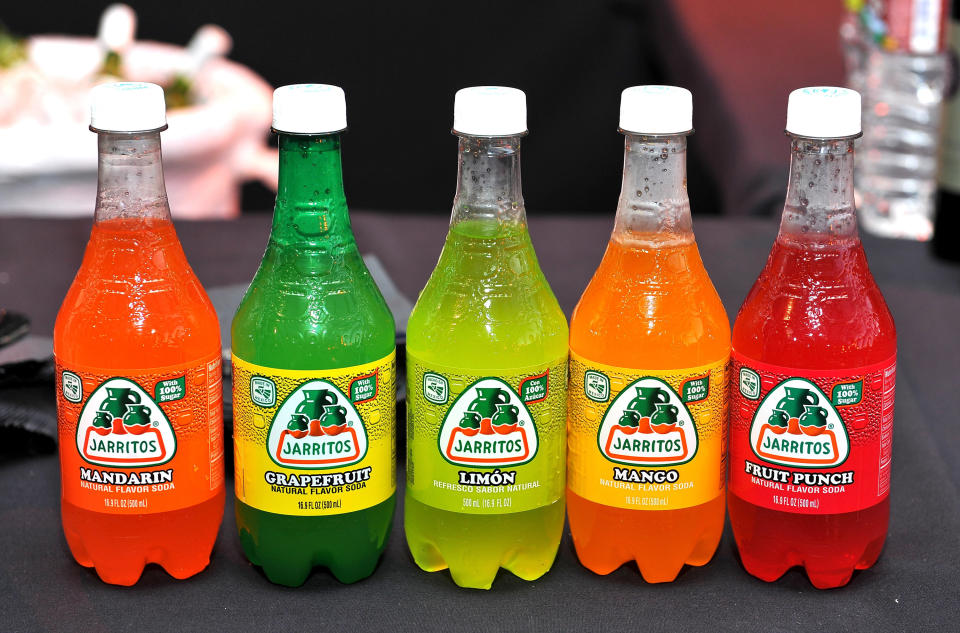
Bananas
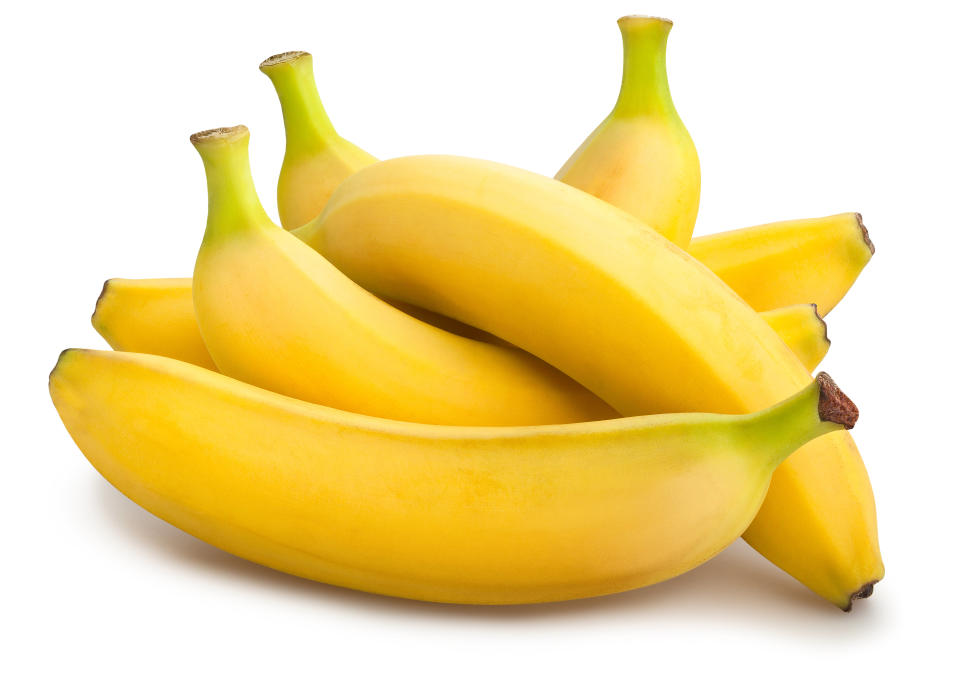
Tecate
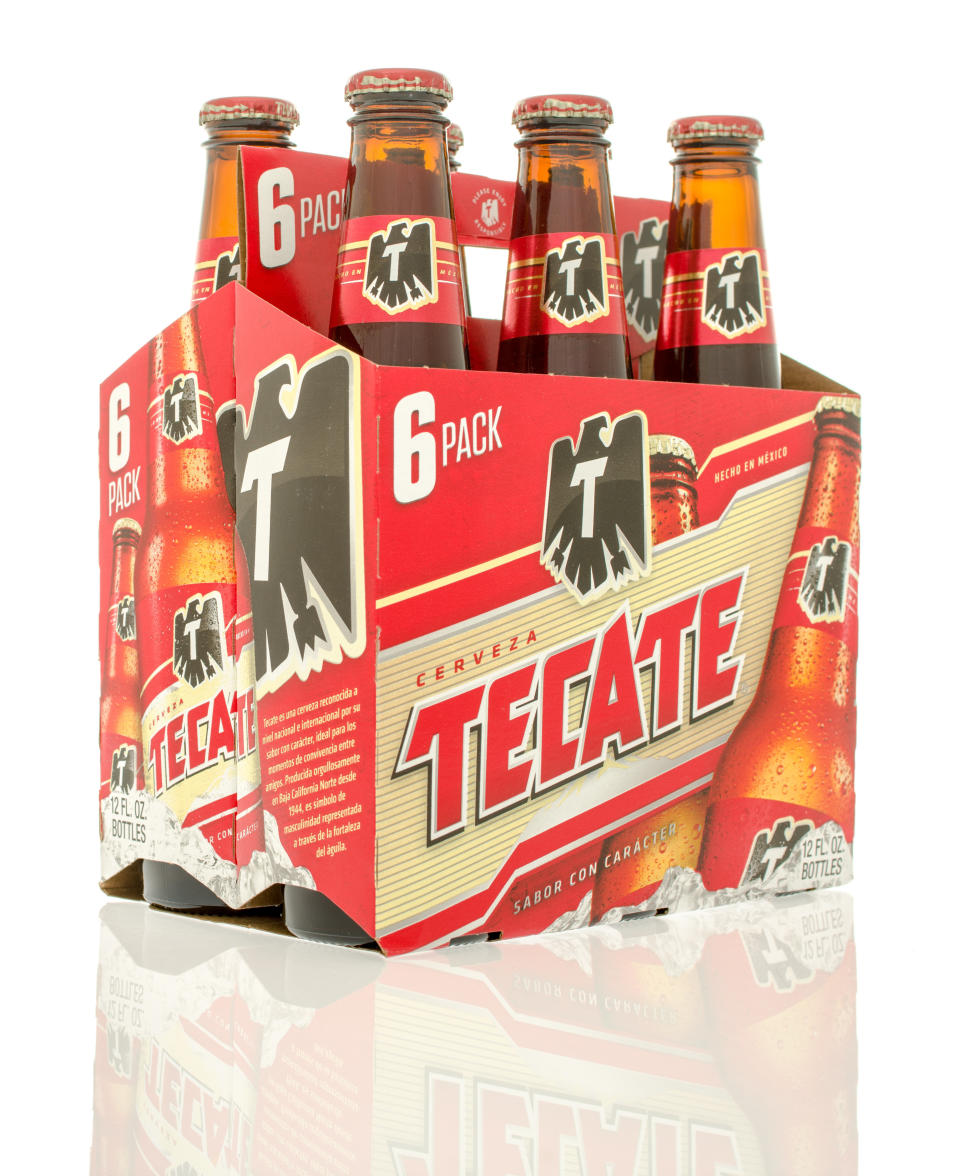
Jose Cuervo
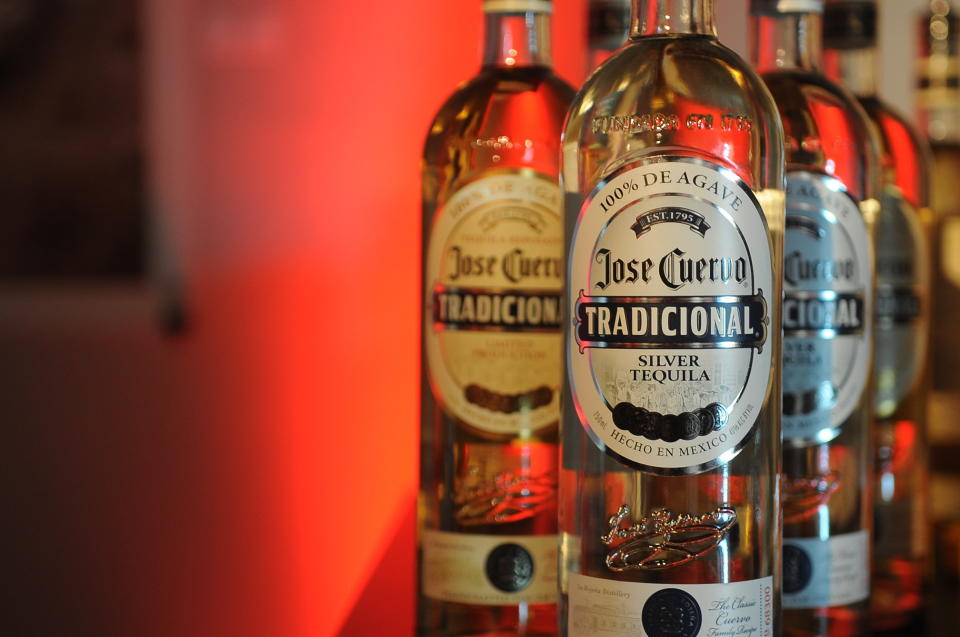
Onions
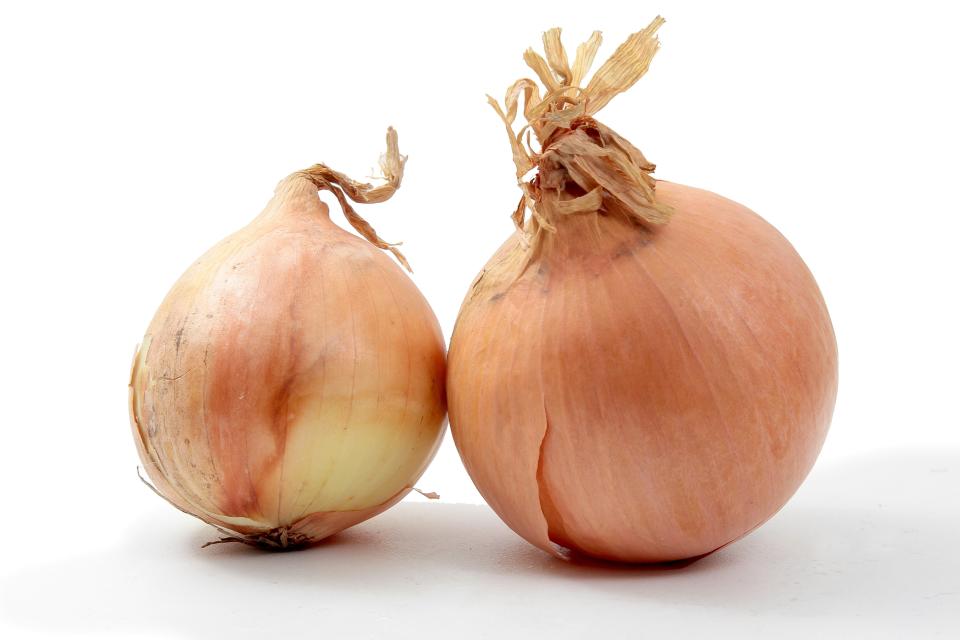
Frozen broccoli
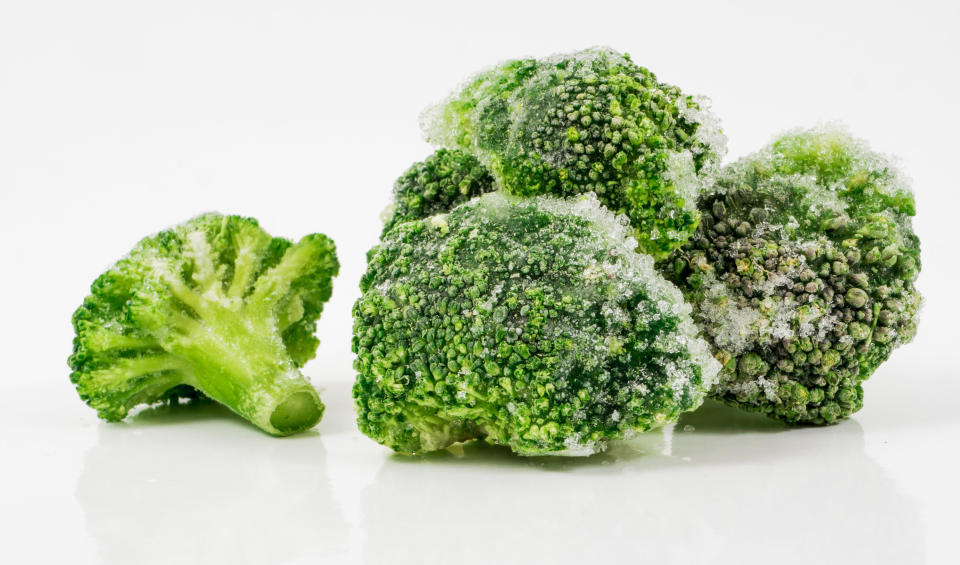
Patron
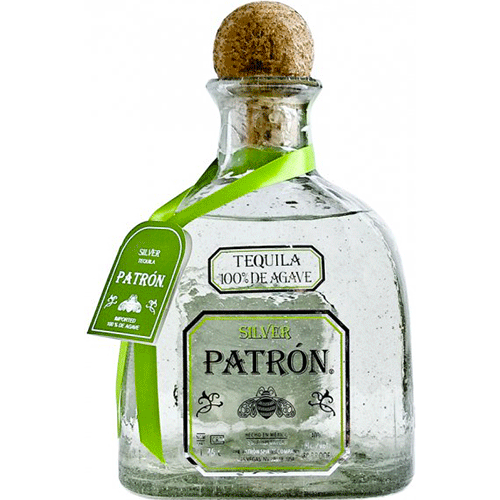
Cucumbers
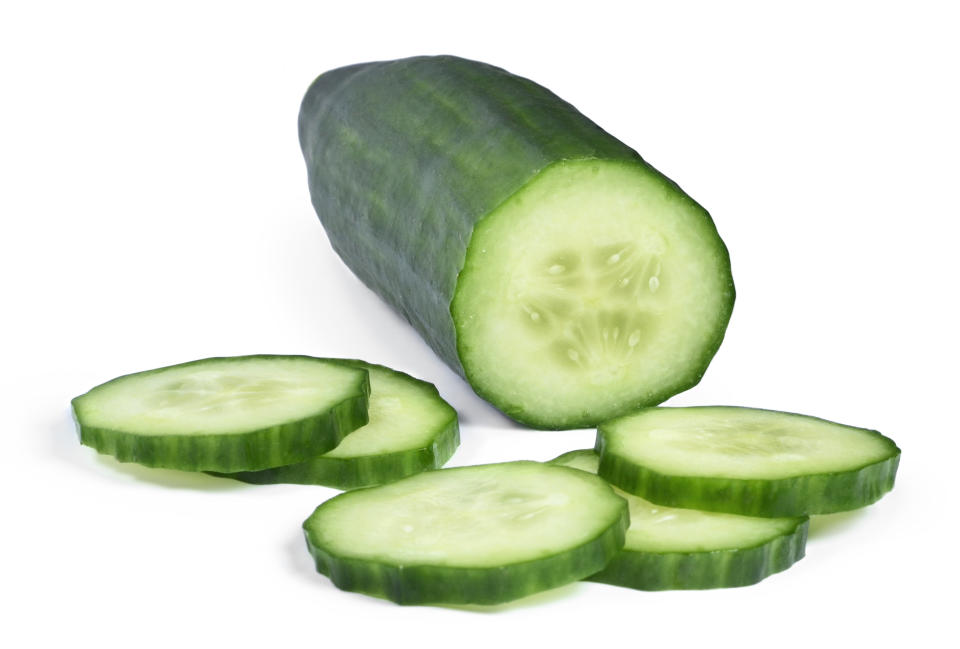
Raspberries
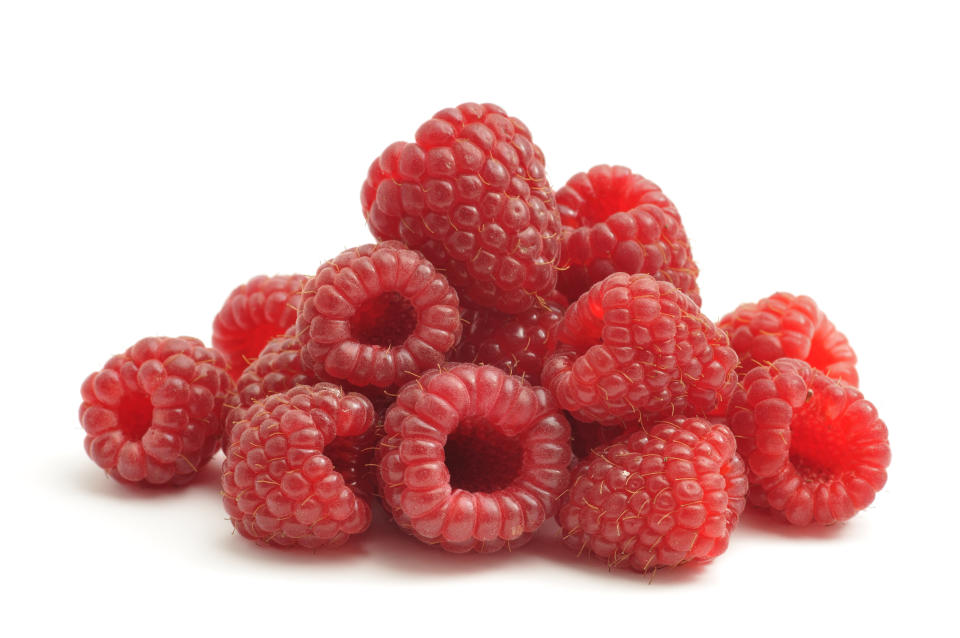
Beans
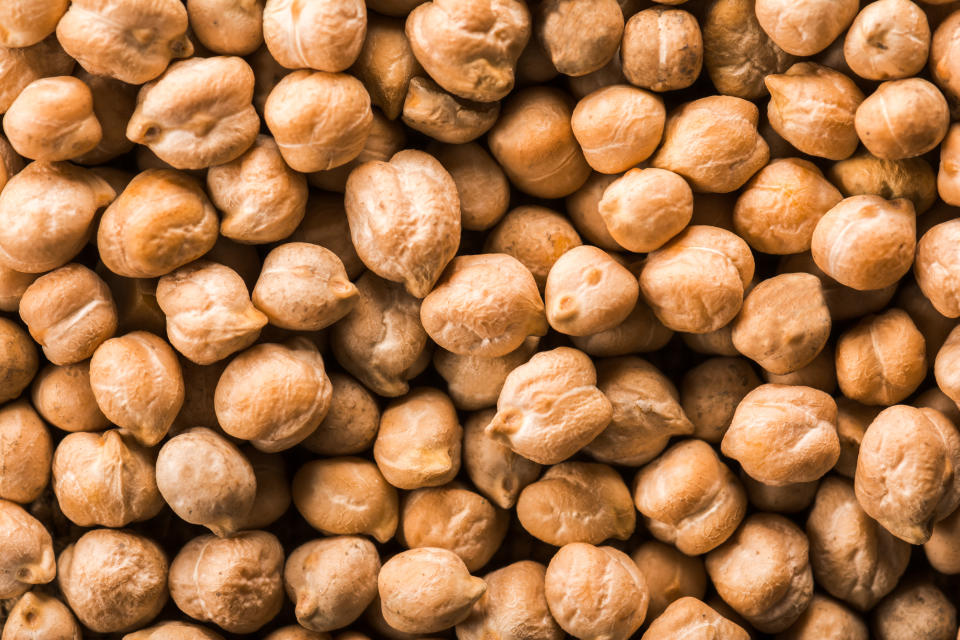
Tomatoes
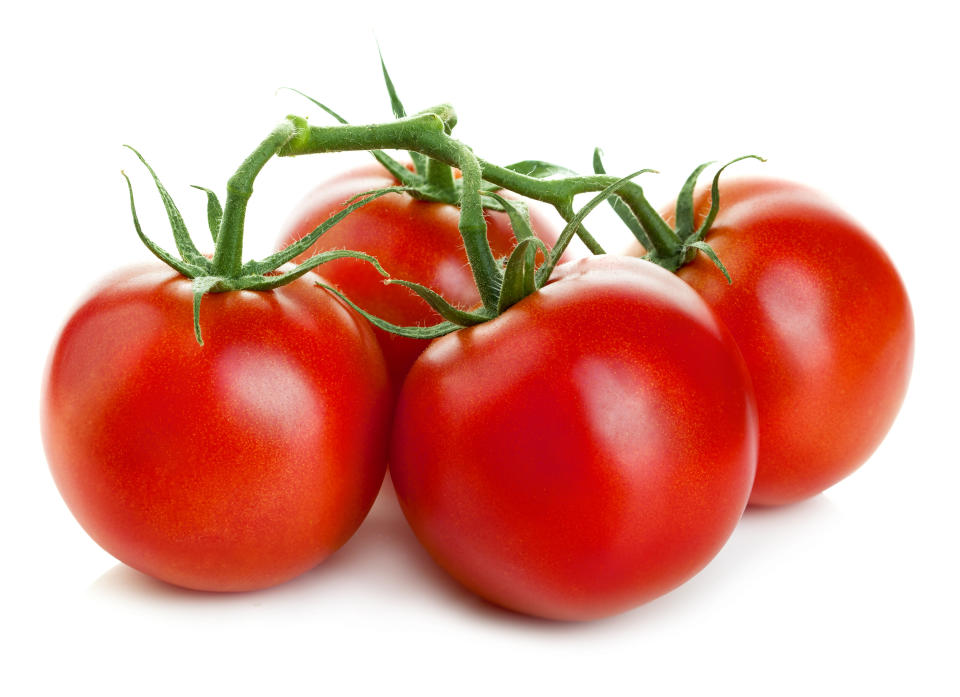
Sugar
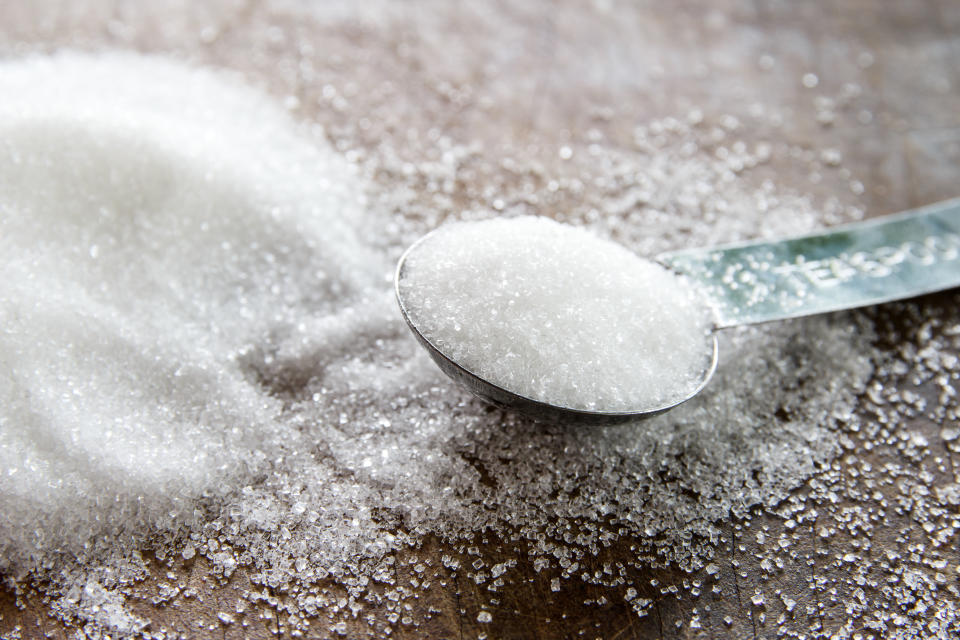
Corona
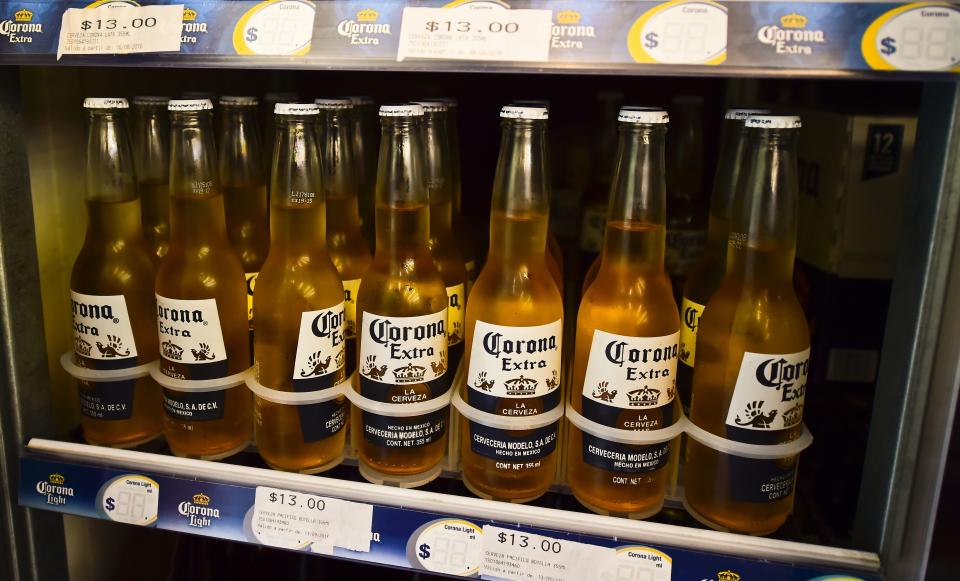
Dos Equis
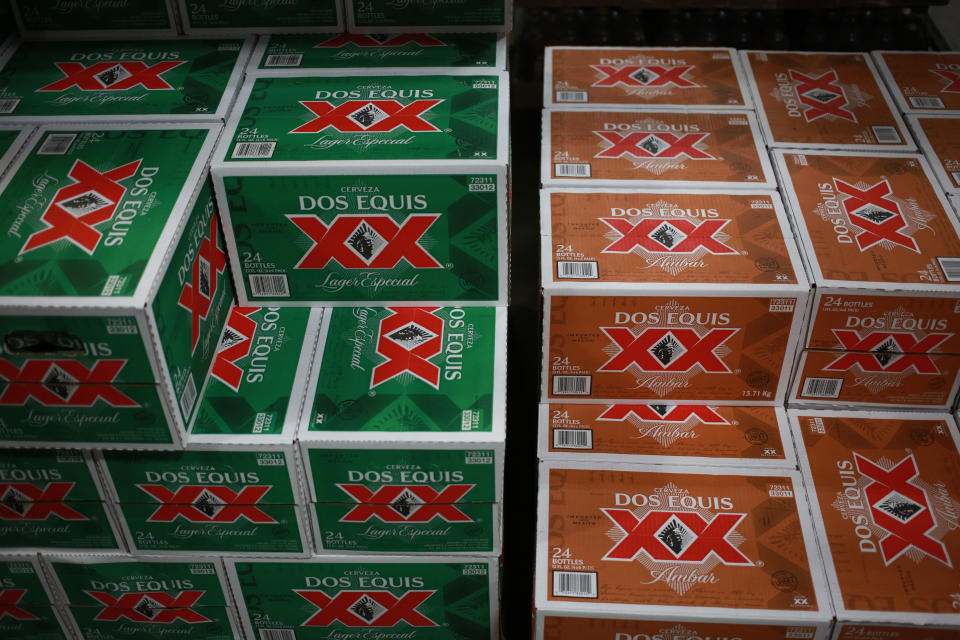
Chili peppers
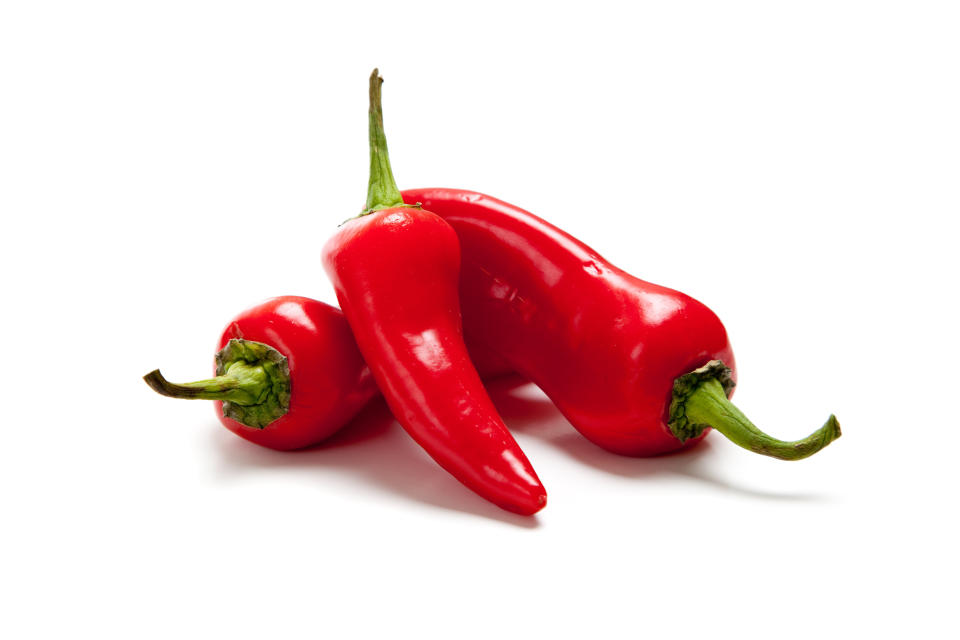
Sauza

This article originally appeared on HuffPost.

